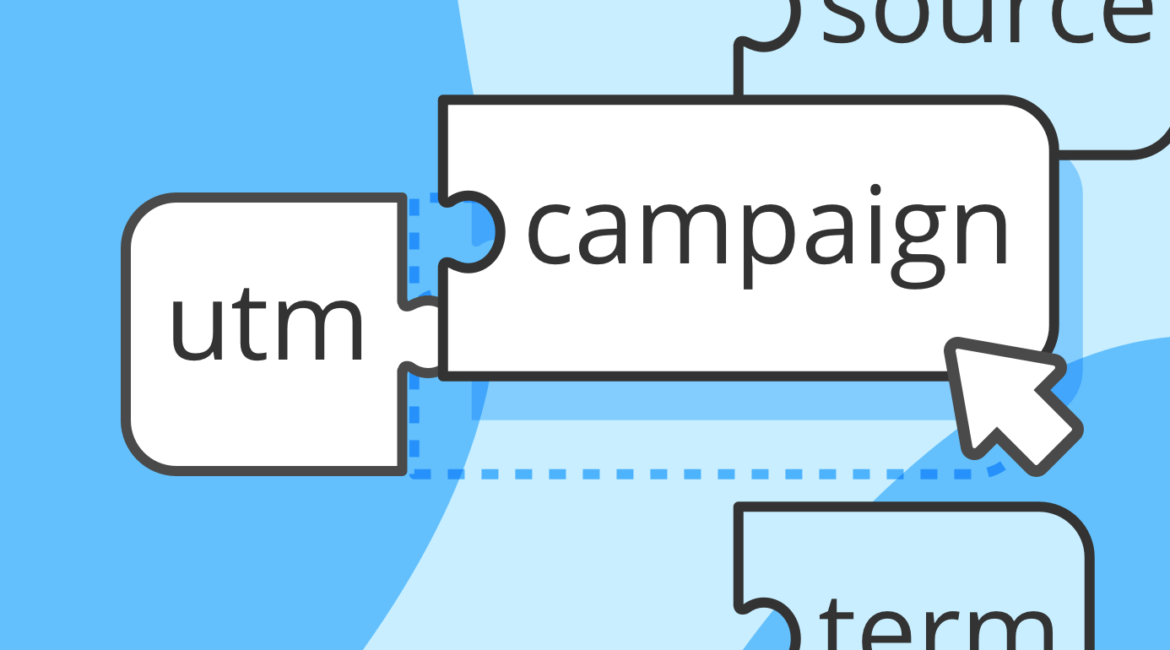UTM codes are essential for tracking the effectiveness of digital marketing campaigns and making data-driven decisions.
Executive Summary: UTM Codes
UTM codes are a crucial tool for digital marketers seeking to track and measure the effectiveness of their campaigns. By adding UTM codes to URLs, marketers can gain valuable insights into website traffic, identify high-performing channels, optimize their marketing strategies, and make data-driven decisions. By understanding and implementing UTM codes, businesses can unlock the full potential of their digital marketing efforts.
Frequently Asked Questions about UTM Codes
Yes, there are several best practices for using UTM codes.
Best practices for using UTM codes include:
- Use consistent naming conventions: Use clear and consistent naming conventions for your UTM parameters to make it easier to analyze your data and identify trends over time.
- Keep it simple: Avoid using overly complex UTM codes that can be difficult to understand and track.
- Track only relevant information: Focus on tracking the information that is most important to your marketing goals.
- Use a UTM code generator: There are many online tools available to help you generate UTM codes quickly and easily.
- Regularly review and analyze your data: Regularly review and analyze your UTM code data to identify trends, optimize your campaigns, and make data-driven decisions.
By following these best practices, you can effectively use UTM codes to track the performance of your marketing campaigns and make informed decisions to improve your business results.
No, UTM codes should only be used for external links.
Tracking internal links with UTM codes can skew your data and make it difficult to accurately measure the performance of your campaigns. Internal links are typically used to navigate within your website and should not be tracked using UTM codes.
You can analyze UTM code data in your website analytics tool, such as Google Analytics.
Your website analytics tool will provide you with detailed reports on your website traffic, including data from UTM-tagged links. You can analyze this data to gain insights into:
- Traffic sources: Identify the sources of your website traffic, such as search engines, social media, email, and direct visits.
- User behavior: Understand how users are interacting with your website, including bounce rates, time on site, and conversion rates.
- Campaign performance: Track the performance of your marketing campaigns and measure their effectiveness in driving traffic and conversions.
- Keyword performance: Analyze the keywords that are driving traffic to your website from search engines.
- Device and browser usage: Understand the devices and browsers that your visitors are using to access your website.
By analyzing UTM code data, you can make data-driven decisions to improve your marketing strategies and achieve your business goals.
To create a UTM code, add a question mark (?) followed by the UTM parameters and their corresponding values to the end of your URL.
For example: [yourwebsite.com]?utm_source=facebook&utm_medium=social&utm_campaign=summer-sale. There are also many online tools available to help you generate UTM codes, such as Google’s Campaign URL Builder.
When creating UTM codes, it’s important to use clear and consistent naming conventions for your parameters. This will make it easier to analyze your data and identify trends over time.
The main UTM parameters are utm_source, utm_medium, utm_campaign, utm_content, and utm_term.
utm_source: Specifies the source of the traffic (e.g., Google, Facebook, email, paid search, organic search).
utm_medium: Indicates the marketing channel (e.g., social media, email, display advertising, paid search).
utm_campaign: Identifies the specific marketing campaign (e.g., summer sale, new product launch, email newsletter).
utm_content: Specifies the specific content within the campaign (e.g., banner ad, email subject line, landing page).
utm_term: Tracks the keywords used in paid search campaigns.
By using these parameters effectively, you can gain a comprehensive understanding of your website traffic and the performance of your marketing campaigns.
UTM codes are snippets of text added to URLs to track the performance of marketing campaigns.
UTM codes provide valuable data on where website traffic is coming from and how it interacts with your content, allowing you to make data-driven decisions and optimize your marketing efforts.
UTM codes are essential for tracking the effectiveness of your marketing campaigns.
They provide valuable insights into which channels are driving the most traffic, conversions, and revenue, allowing you to optimize your marketing efforts and make data-driven decisions.
Using UTM Codes to Track Your Marketing Success
In digital marketing, data is king. But with so many marketing channels and campaigns running at once, it can be tough to understand where your website traffic is coming from, and what’s actually driving results. Enter UTM codes: your secret weapon for unlocking the power of data-driven marketing.
What are UTM Codes?
UTM stands for Urchin Tracking Module (Urchin was an analytics platform acquired by Google that laid the foundation for Google Analytics). UTM codes are snippets of text you can append to the end of your website URLs. These codes act like little flags that tell Google Analytics (or other analytics tools) additional information about each link. This additional information helps you track specific details about your website traffic, such as:
- Campaign: The overall marketing initiative you’re promoting (e.g., Back-to-School Sale, Summer Influencer Campaign).
- Source: The website or platform where the link is placed (e.g., facebook.com, [invalid URL removed]).
- Medium: The general category of the traffic source (e.g., social, email, referral).
- Content: (Optional) Identifies a specific piece of content within the source (e.g., banner ad, specific email link).
- Term: (Optional) Tracks paid keywords or specific search terms that led someone to your link (e.g., “best running shoes”).
Benefits of Using UTM Codes
By adding UTM codes to your website links, you gain a wealth of insights that can transform your marketing efforts. Here are some key benefits:
- Measure Campaign Performance: See which campaigns are driving the most traffic, conversions, and revenue.
- Optimize Your Marketing Mix: Identify the most effective channels and content types to adjust your marketing spend and focus on high-performing strategies.
- Understand User Behavior: Analyze how visitors navigate your website after clicking a link, giving you a deeper understanding of their journey.
- Refine Your Targeting: Utilize UTM data to refine your audience targeting across different channels.
Building Your UTM Code
UTM codes are built using a specific format and appended to the end of your original URL with a question mark (“?”) followed by each parameter and its corresponding value separated by ampersands (“&”). Here’s the syntax:
[original URL]?utm_campaign=[campaign name]&utm_source=[source]&utm_medium=[medium]&utm_content=[content]&utm_term=[term]
Let’s build an example
Imagine you’re promoting a new blog post about “The Ultimate Guide to Running Shoes” through a paid Facebook ad targeting runners. Here’s the UTM code for that link:
[yourblogpost.com]?utm_campaign=running-shoe-guide&utm_source=facebook&utm_medium=paid-ads&utm_content=banner-ad&utm_term=running+shoes
Tips and Best Practices for Using UTM Codes
- Consistency is Key: Use consistent naming conventions for your UTM parameters across all campaigns.
- Keep it Simple: Don’t overcomplicate your UTM codes. Focus on the essential information.
- Track what Matters: Use UTM codes strategically to track what’s most relevant to your campaign goals.
- Use a UTM Builder: Several free online tools can help you easily generate UTM codes. (Check out Google’s Campaign URL Builder!)
- Don’t Track Internal Links: UTM codes are for external links only. Using them on internal links can skew your data.
MNKY.agency Pro-Tip: When using UTM codes for paid advertising, ensure your UTM parameters are properly tagged within your ad platform for optimal tracking and reporting.
Conclusion
By implementing UTM codes and leveraging the insights they provide, you’ll gain a deeper understanding of what’s working in your marketing efforts, allowing you to optimize your campaigns for maximum impact. Now go forth, track with confidence, and conquer your digital marketing goals!
Have questions about UTM codes or need help getting started? The MNKY.agency team is here to help! Contact us today for a free consultation.















